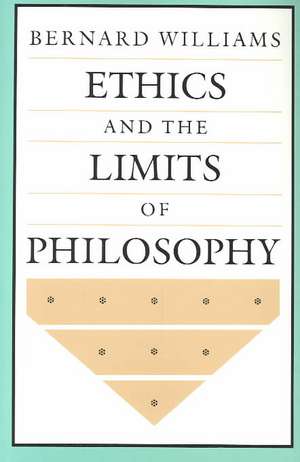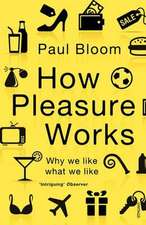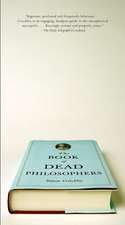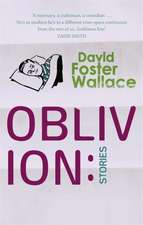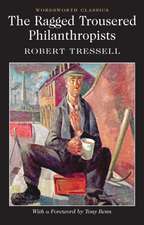Ethics and the Limits of Philosophy
Autor Bernard Williamsen Limba Engleză Paperback – 30 iun 1985
Bernard Williams is an eloquent member of that small but important group of distinguished thinkers who are trying to erase the borders between the experts and all of us who grapple with moral issues in our own lives. In this book he delivers a sustained indictment of systematic moral theory from Kant on and offers a persuasive alternative.
Kant's ideas involved a view of the self we can no longer accept. Modern theories such as utilitarianism and contractualism usually offer criteria that lie outside the self altogether, and this, together with an emphasis on system, has weakened ethical thought. Why should a set of ideas have any special authority over our sentiments just because it has the structure of a theory? How could abstract theory help the individual answer the Socratic question "How should I live?"?
Williams' goal is nothing less than to reorient ethics toward the individual. He accuses modern moral philosophers of retreating to system and deserting individuals in their current social context. He believes that the ethical work of Plato and Aristotle is nearer to the truth of what ethical life is, but at the same time recognizes that the modern world makes unparalleled demands on ethical thought. He deals with the most thorny questions in contemporary philosophy and offers new ideas about issues such as relativism, objectivity, and the possibility of ethical knowledge. Williams has written an imaginative, ingenious book that calls for philosophers to transcend their self-imposed lim its and to give full attention to the complexities of the ethical life.
| Toate formatele și edițiile | Preț | Express |
|---|---|---|
| Paperback (2) | 130.45 lei 3-5 săpt. | +12.15 lei 4-10 zile |
| Taylor & Francis – 4 apr 2011 | 130.45 lei 3-5 săpt. | +12.15 lei 4-10 zile |
| Harvard University Press – 30 iun 1985 | 268.38 lei 6-8 săpt. | |
| Hardback (2) | 540.27 lei 6-8 săpt. | |
| Taylor & Francis – 21 mai 2015 | 540.27 lei 6-8 săpt. | |
| Taylor & Francis – 6 apr 2006 | 778.24 lei 6-8 săpt. |
Preț: 268.38 lei
Nou
51.40€ • 52.45$ • 43.24£
Carte tipărită la comandă
Livrare economică 25 februarie-11 martie
Specificații
ISBN-10: 067426858X
Pagini: 244
Dimensiuni: 155 x 236 x 17 mm
Greutate: 0.29 kg
Editura: Harvard University Press
Cuprins
Notă biografică
Recenzii
'Bernard Williams’s book is better read not as an introduction to ethics, but as an attempt to take stock of the present state of the subject. As such, it is a splendid piece of work. It illuminatingly maps the various tendencies and difficulties which they encounter…Such stocktaking is much needed. Bernard Williams is probably the philosopher best placed to undertake it, and he has done it admirably.' - Richard Norman, Times Higher Education Supplement
'Remarkably lively and enjoyable…It is a very rich book, containing excellent descriptions of a variety of moral theories, and innumerable and often witty observations on topics encountered on the way.' - Philippa Foot, Times Literary Supplement
'Williams's discussions are much to be valued: his explicitness and argumentative ingenuity focus the issues more sharply, and at greater depth, than any comparable work I know...One of the most interesting contributions of recent years, not only to ethics but to philosophy.' - John McDowell, Mind
'This is a superior book, glitering with intelligence and style.' - Thomas Nagel, Journal of Philosophy
'Williams's discussions are much to be valued: his explicitness and argumentative ingenuity focus the issues more sharply, and at greater depth, than any comparable work I know...One of the most interesting contributions of recent years, not only to ethics but to philosophy.' - John McDowell, Mind
'This is a superior book, glitering with intelligence and style.' - Thomas Nagel, Journal of Philosophy
'Remarkably lively and enjoyable…It is a very rich book, containing excellent descriptions of a variety of moral theories, and innumerable and often witty observations on topics encountered on the way.' - Times Literary Supplement
'Bernard Williams has a greater force of thought, deployed over a wider horizon, than anyone else I have ever listened to.' John Dunn - The Times Higher Education Supplement
Descriere
Bernard Williams was one of the greatest philosophers of his generation. Ethics and the Limits of Philosophy is not only widely acknowledged to be his most important book, but also hailed a contemporary classic of moral philosophy. Drawing on the ideas of the Greek philosophers, Williams reorients ethics away from a preoccupation with universal moral theories towards ‘truth, truthfulness and the meaning of an individual life’. He explores and reflects upon the most difficult problems in contemporary philosophy and identifies new ideas about central issues such as relativism, objectivity and the possibility of ethical knowledge.
